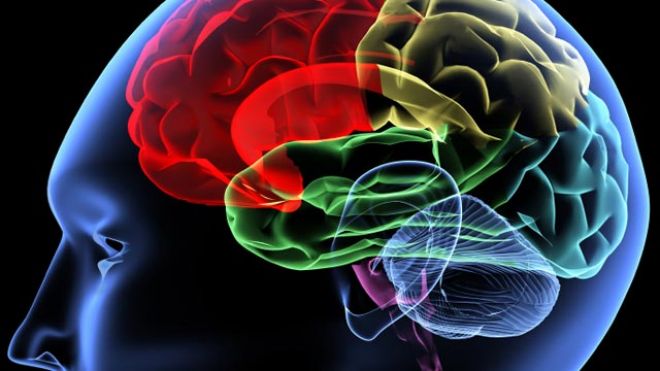
A drug currently being used to treat leukemia has been found to help halt the production of toxic proteins in the brain linked to Alzheimer’s disease, Parkinson’s disease and various forms of dementia.
Researchers from Georgetown University successfully used small doses of the drug nilotinib, used to treat chronic myelogenous leukemia (CML), to eliminate abnormal protein build-up in the brains of mice.
The scientists targeted the alpha-Synuclein and tau proteins, which have been previously implicated in the development of Parkinson’s disease, Alzheimer’s disease, amyotrophic lateral sclerosis (ALS), Huntington’s disease, Lewy body dementia and other neurodegenerative conditions.
“In degenerative diseases these proteins accumulate and kill the cell,” lead study author Dr. Charbel E-H Moussa, head of the neuroscience department at Georgetown University, told FoxNews.com. “The best strategy to make the cell survive is to clean the debris.”
Moussa compared nilotinib to a garbage disposal, in that it helps to eliminate the trash, or toxic proteins, from brain cells.
“If you can turn the garbage disposal machine on, you will be able to get rid of all the trash in the cells, which are basically unwanted proteins that the cells need to get rid of to survive,” Moussa said .
Initially, Moussa and his colleagues were unsure if nilotinib could cross the blood-brain barrier – the separation that prevents many materials in the blood from entering the brain. ;
However, they soon realized that it could, meaning the same form of the drug used to treat leukemia ;patients could be used to treat patients with neurodegenerative diseases.
The only difference: Moussa and his colleagues used much lower doses of nilotinib. They estimated that humans would only need 1 percent of the dose typically used in chemotherapy to see neurological benefits. This could potentially decrease the already minimal side-effects of nilotinib, such as dizziness. ;
Mice treated with nilotinib experienced an improvement in cognitive and motor functions, and they also lived longer compared to mice treated with a placebo.
“We know this drug enters the brain, and this is the first drug that we know reduces alpha-Synuclein and tao at the same time,” Moussa said. “And when we decreased the protein build-up, we saw behavioral improvement in these mice.”
Researchers have high hopes that the drug will quickly enter phase two clinical trials, provided they are able to secure funding.
“These drugs are FDA approved already, so we know they are well-tolerated in humans. All the toxicity data it’s all available,” Moussa said.
Moussa and his colleagues are most excited about the potential to use nilotinib to treat Lewy body dementia, a condition in which patients develop Alzheimer’s and Parkinson’s simultaneously. Currently, there is no treatment for the disorder.
“The level of desperation among these patients is huge,” Moussa said.
Exploring this drug as a treatment for Lewy body dementia will be the researcher’s main priority going into clinical trials. However, they hope to expand to clinical trials on Parkinson’s and Alzheimer’s patients as well. ;
“The translational impact of this drug, repurposing it for clinical use for Parkinson’s and other related disorders as well as dementia, is economically and medically huge,” Moussa said. “I see a huge impact for that on the medical field.”
The research will be published online May 10 in the journal Human Molecular Genetics.
source : http://www.foxnews.com/health/2013/05/09/potential-treatment-for-parkinsons-alzheimers-dementia-discovered/